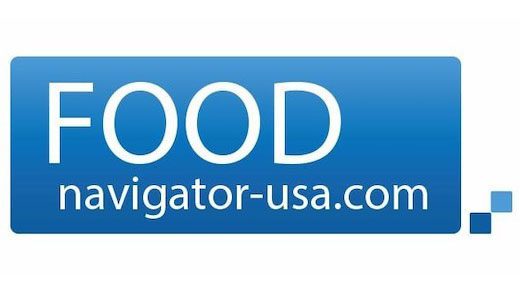

“The World Health Organization (WHO) has released a proposed guidance , advising consumers not to use non-sugar sweeteners as means to reduce sugar intake.
While the guidance is still under consideration and the WHO is now collecting comments from stakeholders, the document has already caused a stir in the food and beverage industry, pitting proponents of sweeteners against their critics.”
Courtney Gaine, PhD, RD, President and CEO of the Sugar Association, was quoted in the article, ““[W}hile added sugars consumption has declined by 30% since 2000, the number of products that contain at least one non-nutritive sweetener has increased by 300% in the last five years alone.”
Still, the Sugar Association has raised concerns similar to those in the WHO report about the increased prominence and consumption of non-sugar sweeteners. The industry group has been pushing for changes in FDA labeling for sweeteners , which the Sugar Association says is “archaic, outdated, and keeps consumers in the dark about these ingredients.”
Read the full article here (subscription required): https://bit.ly/3UyMVOw

January 31, 2025
“Bagels. Pasta. Bread. Freshly baked vanilla cake. Ice cream. All of these are examples of humanity’s best friend and worst nightmare: Sugar. …sugar holds a rather negative reputation… but why? Firstly, What Even Is Sugar? This was the first question I harassed Google (and Google Scholar, his cousin) with. Given the vast amount of sources […]

January 16, 2025
“Referred to as the ‘Nutrition Info box’, the new label proposal would provide accessible, at-a-glance information about saturated fat, sodium and added sugar. That would then be accompanied by the existing Nutrition Facts label elsewhere on the package. Current federal dietary recommendations advise US consumers to limit these three nutrients. These would be rated as […]

January 15, 2025
“FDA’s proposal to mandate front-of-pack nutrition labeling that quantifies and qualifies the percent daily value of saturated fat, sodium and added sugar to help consumers more easily make informed dietary choices triggered frustrated outcry from industry trade groups and accolades from public health advocates. Industry trade groups, including the Consumer Brands Association, the Sugar Association […]
© 2025 The Sugar Association, Inc. All rights reserved.
Get Social with #MoreToSugar